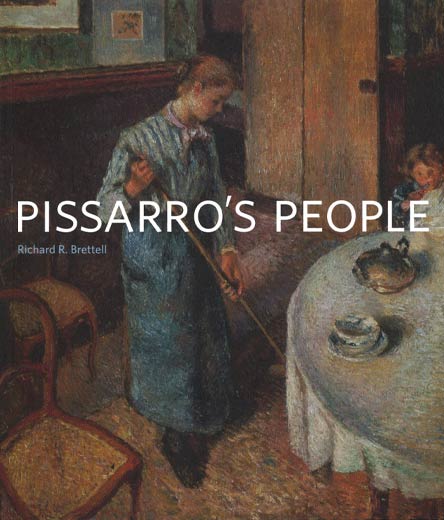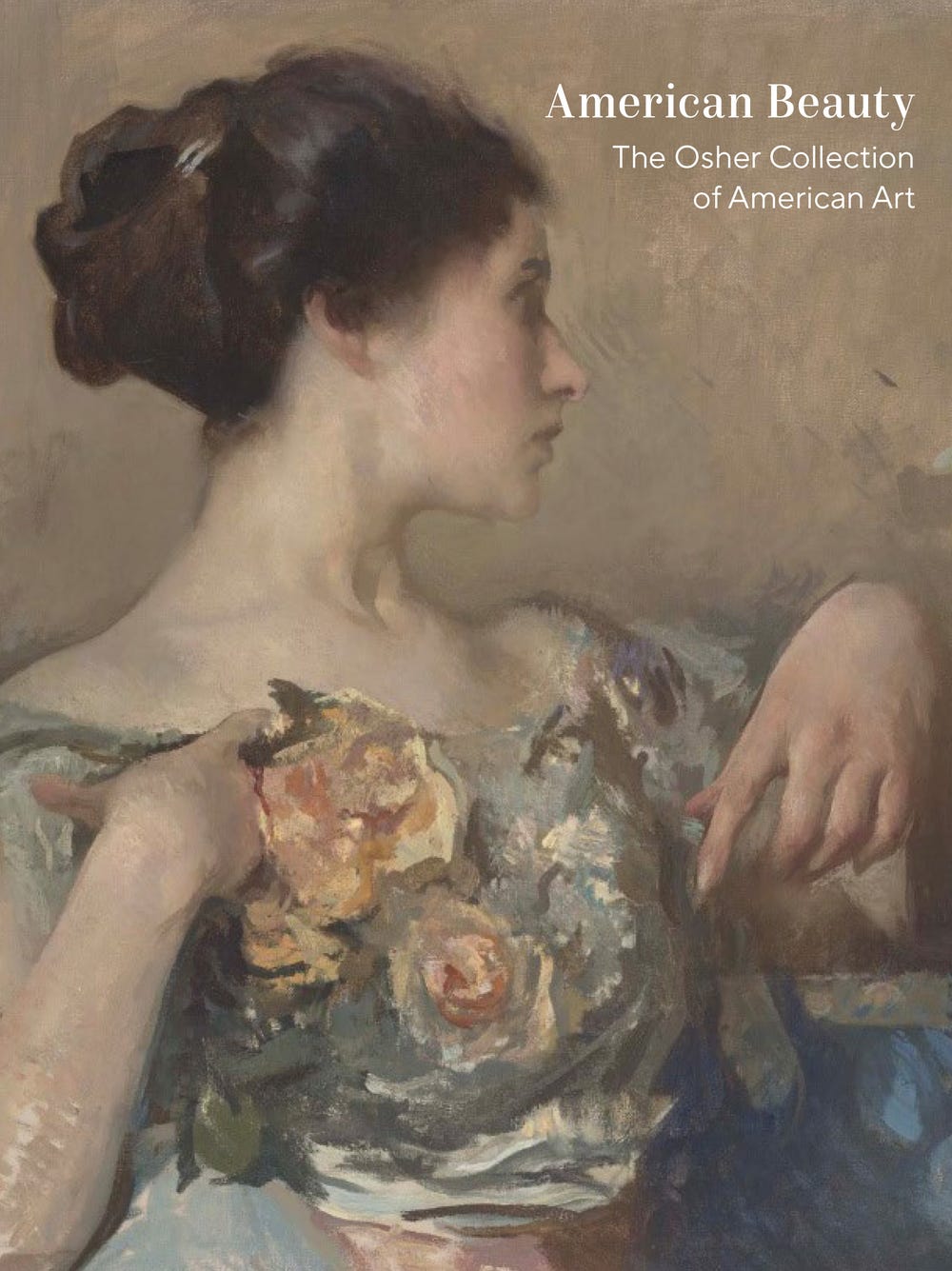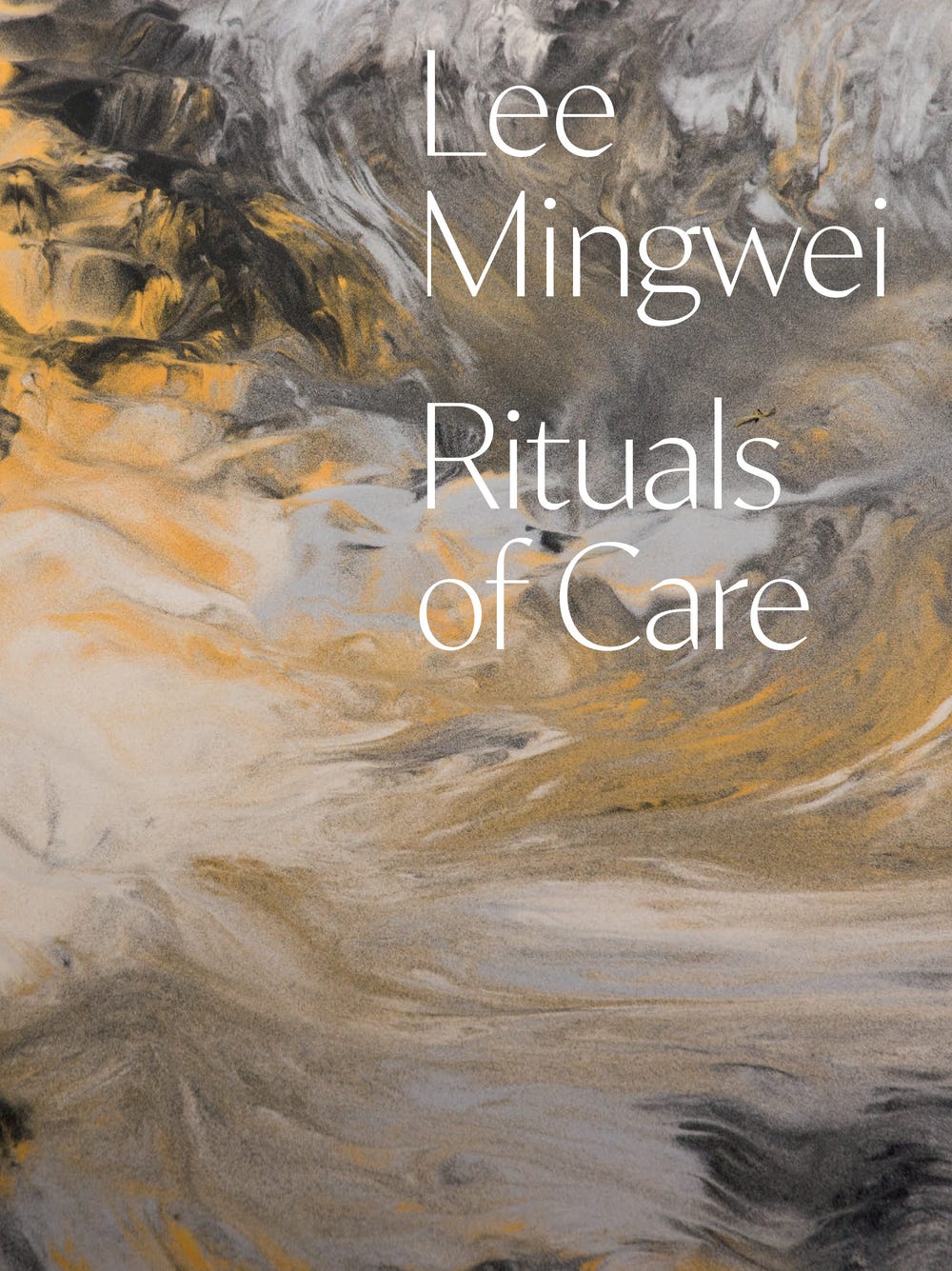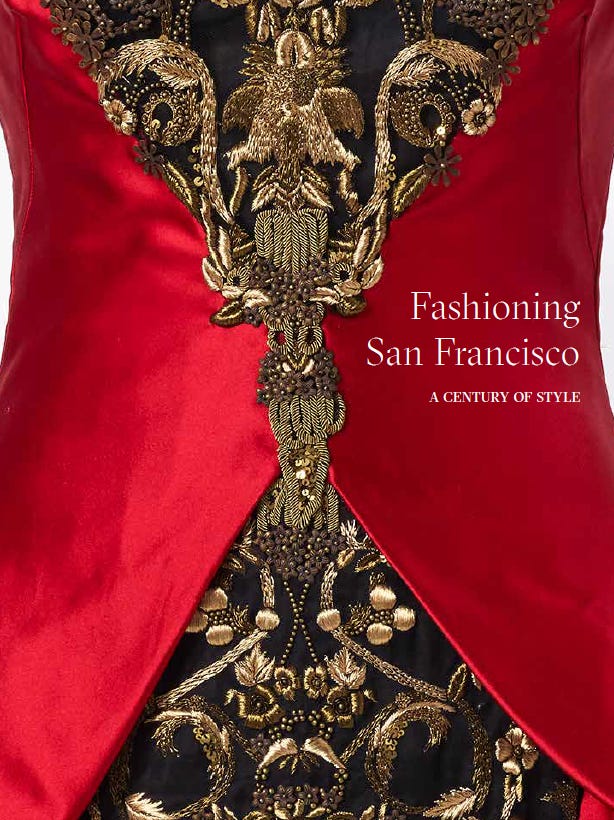Pissarro’s People
By Richard R. Brettell
Camille Pissarro’s lifelong interest in the human condition is unique among Impressionist landscape painters. From his early years in the Caribbean and Venezuela until his death in Paris in 1903, he produced a vast oeuvre of drawn, painted, and printed figures. He was also a committed reader of radical social, political, and economic theory, including the writings of the French protoanarchist Pierre-Joseph Proudhon, friends such as Jean Grave and Élisée Reclus, and the great anarcho-communist Peter Kropotkin. His profound knowledge of social philosophy, which informs much of his art, far exceeded that of any other significant painter of the period. From intimate studies of family and friends to scenes of bustling markets and rural labor, Pissarro used his work to suggest the realities of everyday life as well as his vision of a harmonious world after the revolution.
Many examinations of Pissarro have treated his politics and his art as separate categories, refusing to explore the most basic connections. This volume, authored by noted Pissarro expert Richard R. Brettell, is the first truly to bridge that gap. Key to this investigation of the painter’s humanism is Pissarro’s identity as a member of a diasporic Sephardic Jewish family—a complex constellation of individuals living and working in Uruguay and Venezuela, France and England, and the United States during the artist’s lifetime. Demonstrating that Pissarro was in every sense a family man, Brettell addresses the artist’s portraits of family members alongside pictures of artists, neighbors, domestic helpers, rural workers, and various other associates. Linking Pissarro’s web of family and friends to his radical social and economic ideals, the project breaks new ground in reconsidering the artist’s figural works.
Richly illustrated with more than 200 paintings, works on paper, and archival images, this compelling volume offers a definitive portrait of one of the most passionately political painters of the 19th century.
Authors
Richard R. Brettell is among the world’s foremost authorities on Impressionism and French painting from 1830 to 1930. A commandeur in the Ordre des Arts et des Lettres of France and a director of the Wildenstein Institute’s Paul Gauguin catalogue raisonné project, Brettell is the author of many influential books and catalogues, including Gauguin and Impressionism; Impressionism: Painting Quickly in France, 1860–1890; and The Impressionist in the City: Pissarro’s Series Paintings. Presently Margaret McDermott Distinguished Professor of Aesthetic Studies at the University of Texas at Dallas, Brettell also works as an international museum consultant with projects in Europe, Asia, and the United States.



